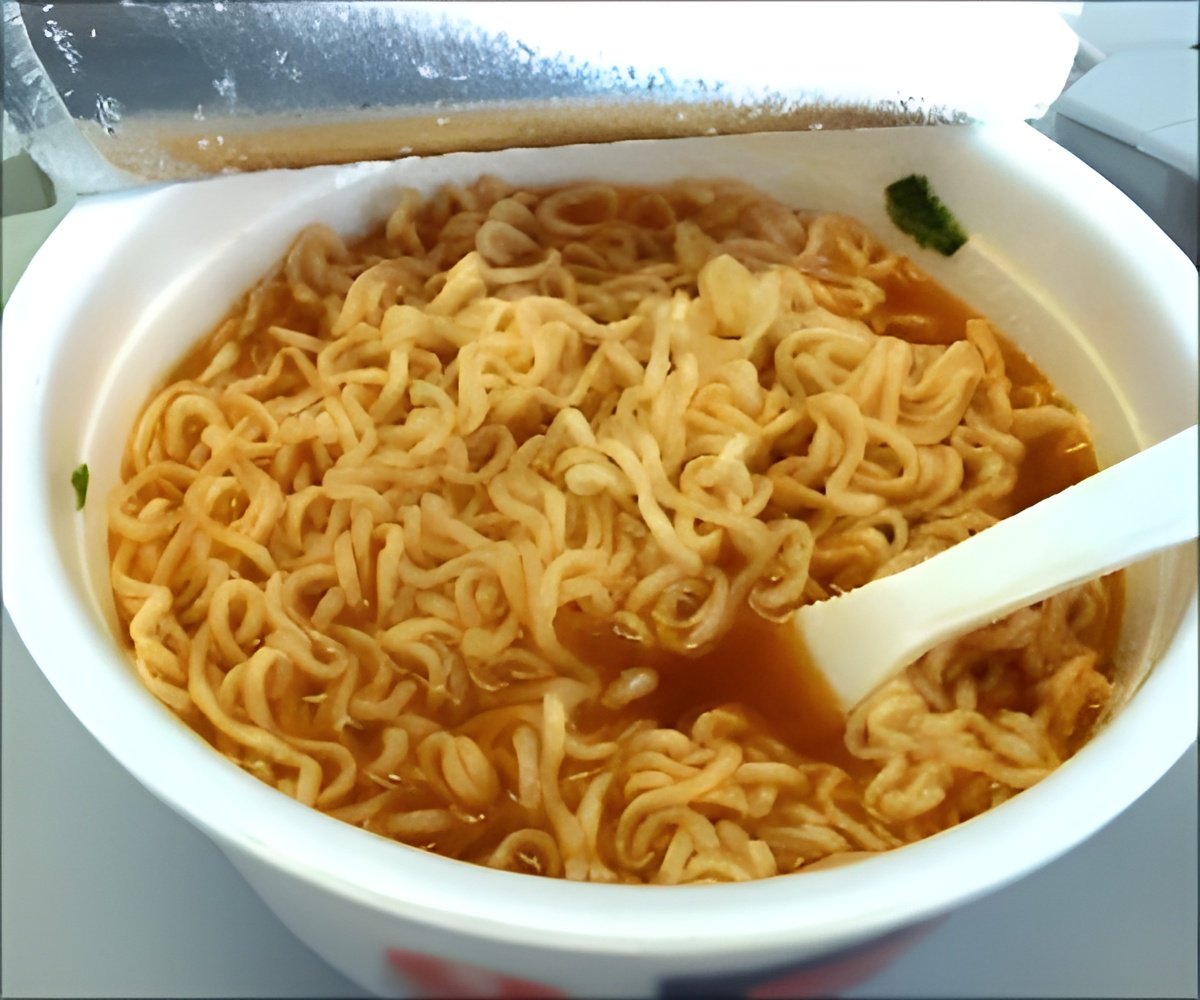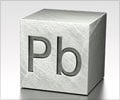American Heart Association reports that lead exposure may promote hardening of the arteries even at levels well below current safety standards.

They also said that the prolonged lead exposure leads to such a damage to the human body that is irreversible and in extreme cases can lead to mental retardation, epilepsy and learning problems.
"Lead when inhaled or eaten is absorbed via the respiratory and gastrointestinal tracts and gets into the bloodstream and is occasionally absorbed through the skin. Initially there may be increased tiredness, fatigue, headache, abdominal pain, vomiting and affect and slowly it starts affecting the kidney, heart, liver and even the brain," said Dr.S.S. Sibia, head of Sibia Medical Center.
He said that there could be effect on the reproductive systems and increased chance of stillbirths, miscarriages and premature births.
The journal of American Heart Association reports that lead exposure may promote hardening of the arteries even at levels well below current safety standards.
Suggesting that some simple measures can help protect from lead poisoning, he said that all sorts of noodles should be initially boiled and the water be thrown before cooking the noodles finally and consuming it.
Advertisement
"The intravenous chelation therapy helps remove lead and some other toxins and heavy metals from the body. In chelation therapy, Ethylene diamine tetra acetic acid (EDTA) medication binds with the lead to remove it from the body via urine," said Sibia.
Source-IANS







